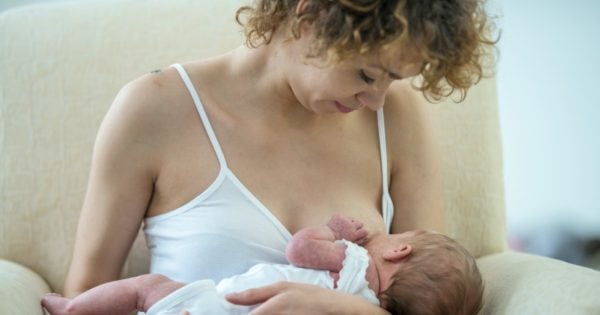1. Three members of the same New Zealand family are critical in hospital after eating ‘contaminated wild boar’.
Three members of the same family, from Waikato in New Zealand, are in a critical condition in hospital after they were poisoned from the meat of a wild boar.
According to The New Zealand Herald, 35-year-old Shibu Kochummen, his 33-year-old wife Subi Babu and her mother Alekutty Daniel, 62, were found by emergency services unconscious on the floor of their home.
It's believed they had started vomiting and fainting within 30 minutes of eating a dinner which included a dish of wild boar, which Kochummen had killed on a hunting trip.
All three are largely unresponsive and on life support machines in hospital, while two are in a 'vegetative state'.
The couple have two young daughters - aged seven and one - who were asleep in bed at the time and are now being cared for by members of the family's church. The two children did not eat the contaminated meat.
Poison experts have told The New Zealand Herald that botulism poisoning may be to blame for the family's sickness.
National Poisons Centre director and medical toxicologist Dr Adam Pomerleau said the sudden onset of the illness seemed to be evidence of a toxin rather than an infection, but there is usually a lag between ingesting the bacteria and symptoms appearing.
"But it's all about dose," he said.
"If the dose is very high, the symptoms could be seen more rapidly - the incubation period could be the day of consumption."


